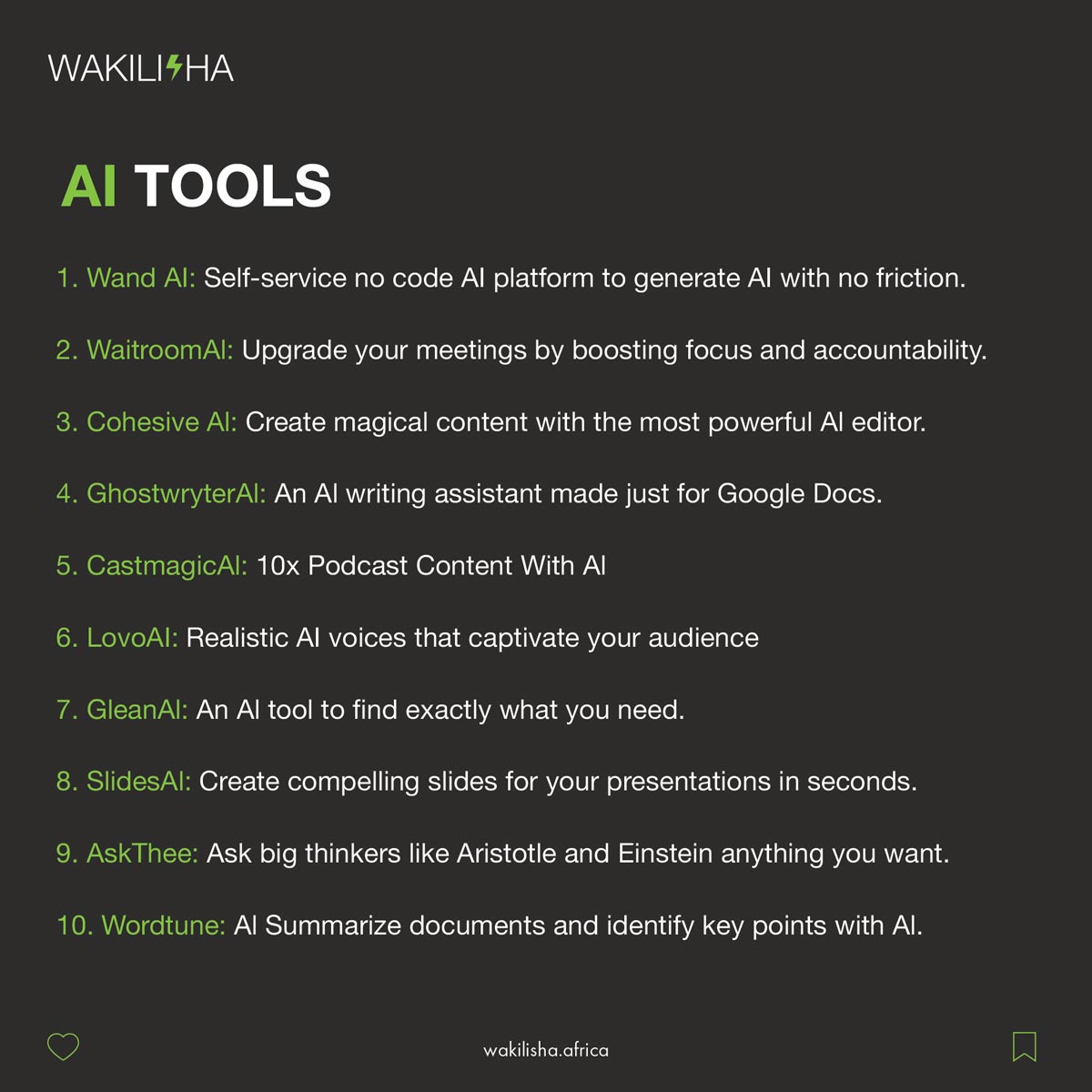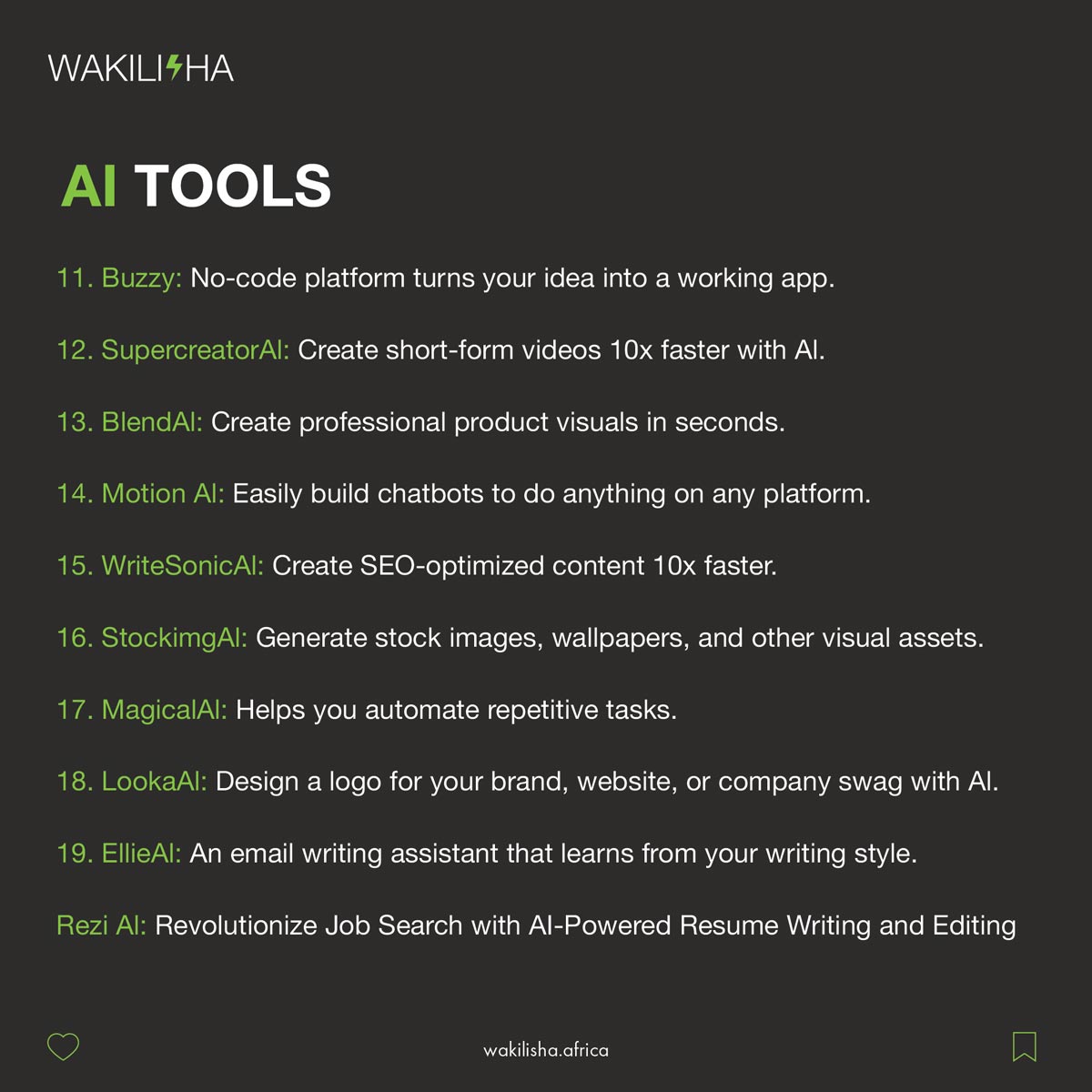I read an article about how workers from a certain tech company made a major error by using ChatGPT, the generative AI model that has human-like conversations with you on almost any topic you can think of. For those who haven’t read the article, the global tech company’s secret data was leaked by its workers while using ChatGPT to aid them in their tasks. The company had granted its semiconductor arm engineers permission to use the AI to resolve issues with their source code. In the process, the workers unknowingly entered confidential information, including the source code for a new program, internal meeting notes, and data related to their hardware. Within a month of using ChatGPT, three separate incidents of employees unintentionally disclosing sensitive information were documented. Since the AI service retains input data to further train itself, these trade secrets from the tech company are now effectively in the hands of OpenAI, the company behind ChatGPT.
Million-Dollar Problems
After witnessing such million-dollar implication incidents, it would not be surprising to see company leaders exercising caution in their utilization of ChatGPT and other generative AI services and products. After all, the value of trade secrets lies in their confidentiality, and their exposure to unauthorized parties can have significant consequences for a company’s bottom line.
It is imperative that large language models are designed to accommodate the privacy concerns of both individuals and businesses. The importance of these features cannot be overstated. It is a crucial piece in ensuring the successful and advantageous implementation of generative AI, as well as other AI applications in the future.
Free During the Research Phase
Generative AI technology offers us numerous benefits. From increased productivity, improved accuracy and the ability to create new products and services. It allows us to discover solutions to complex problems in a short time. This technology has the potential to revolutionize industries by unlocking previously untapped opportunities.
At the moment of writing this, ChatGPT is still free for use. However, I am concerned that once the research phase of these technologies is over, access to them may be restricted. Such a move would have serious implications for those who cannot afford to pay for these services, creating yet another layer of inequality in an already unequal world. This technology will unlock many previously untapped opportunities in almost every field. The images below contains a list of some new services that have emerged from the generative AI wave that has begun. There are many more. It’s not even been a year since the technology launched.
Soon, I will need to pay for ChatGPT to keep my access to the AI tool. I’m not worried because I will probably find a way to afford it.
But I remember a time before I could afford things. Before my parents could afford everything I asked of them. When they had to prioritize between paying my school fees and buying me a new desktop computer. Of course, the school fees won the day but I also got something to make me feel like I had not lost much; my father gave me money to go to the local cyber café and use their desktop computers for a few hours every week. For more than a billion people, even this kind of shared access will remain a pipe dream.
More Inequality Loading…
Adding a price tag to the technology locks out more than a billion people out of the gains that will be had. Estimates for 2022 indicate that about 1.9 billion people across the world live in fragile contexts, characterized by impoverished conditions and dire circumstances. Of those, 682 million people (8.5% of the world population) live in extreme poverty. These people are living on less than $2.15 a day. Right now, the premium version of ChatGPT costs $20 per month for individuals. How many of the 1.9 billion do you think can afford it?
Adding a price tag to generative AI models effectively locks out poor students and adds another layer of advantage between the rich and the poor. It would sever many roots from seedlings that could have innovated the next big thing. Access is everything.
Access to cutting-edge technology provides a unique opportunity to learn and grow alongside others. It is one of the few chances in human development when the playing field is level for all, regardless of background or resources. When a technology is still new, everyone is a beginner. Nobody is inherently better at the technology than anyone else. Therefore, if you have access to the same technology and are genuinely interested in increasing your knowledge, you can succeed with no more effort than anyone else.
The detrimental effects of limited access to AI tools at this stage of its evolution extend beyond individual barriers, as society as a whole ultimately bears the brunt of missed opportunities. By providing free access to AI tools, we can unlock the full potential of innovation and catalyze the development of novel ideas and solutions that have the capacity to benefit society in meaningful ways. The exclusion of over a billion people from the world of AI is a significant loss to the greater good, as countless contributions and breakthroughs that could have advanced our collective progress remain unrealized.
Generative AI is unarguably a significant step forward for technological development and by extension, human development. Denying its access to the less economically advantaged is unacceptable for any conscionable society. We should be trying to make sure that AI is for all and to reduce the inequalities that exist among us, not exacerbate them.
Muiruri Beautah
Muiruri Beautah is a Head Writer at WAKILISHA and a Marketing Manager at Peach Cars. He has created award winning work for brands such as Unilever, Diageo, SafeBoda and Safaricom Plc. He lives in Nairobi and in the hearts of children around the world.






